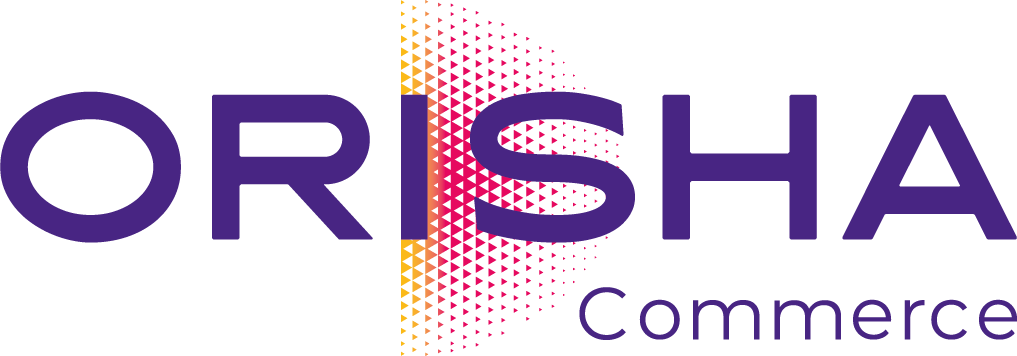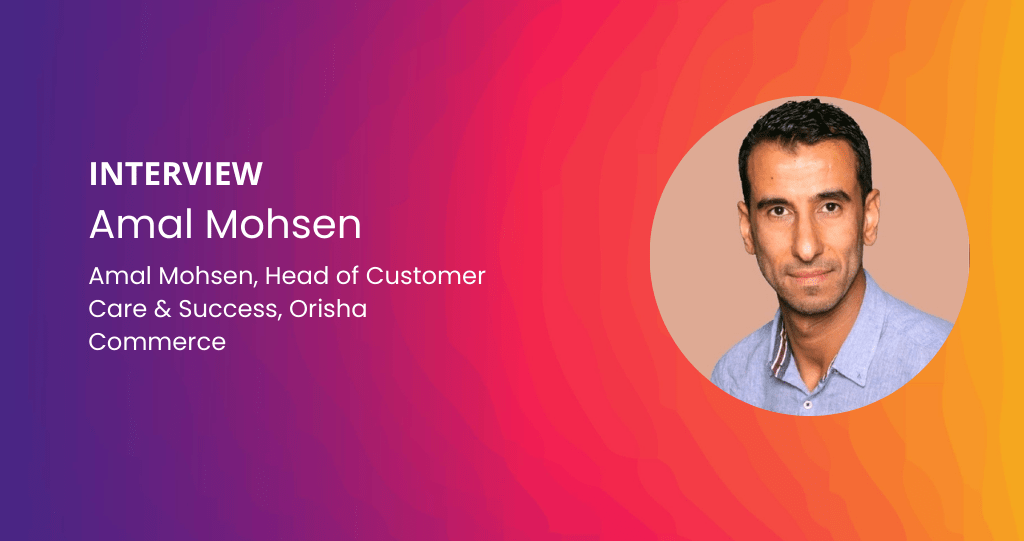SaaS security: efficiently protect your data

Unified commerce has made security a critical concern for businesses. According to the Hiscox Cyber Readiness Report 2024, 67% of companies recorded a rise in cyberattacks in the last year, with 47% facing challenges in restoring customer trust following a data breach.
Retailers, dealing daily with vast amounts of data, are attractive targets for cybercriminals. A security lapse can lead to dire repercussions. So, how can your unified commerce SaaS platform be secured efficiently while maintaining a smooth experience for users?
Securing SaaS in unified commerce
The challenges of SaaS security
SaaS security encompasses both technical and organizational strategies designed to protect data from unauthorized access, destruction, modification, or disclosure.
Unified commerce platforms consolidate substantial data including customer information, purchase history, and financial transactions. These sensitive data, if compromised, could result in major financial losses and diminished consumer trust. Therefore, adopting a SaaS solution necessitates rigorous permission monitoring to mitigate unauthorized access and related security risks.
In 2024, 80% of retailers experienced at least one cyberattack, with half of these targeting point of sale systems. Phishing, ransomware, and DDoS attacks can severely disrupt unified commerce operations. Consequently, securing SaaS platforms and data is crucial. Cybersecurity should be treated as a strategic asset, necessitating investment in tools, training, and continuous monitoring.
Cyber risk: what types of threats target SaaS solutions?
Cybercriminals employ diverse tactics to compromise SaaS solutions, including:
- Ransomware attacks that encrypt data and demand a ransom, causing loss of access to vital customer and business information, and sometimes targeting cloud service providers.
- Phishing and identity theft through fraudulent emails or messages that trick users into revealing credentials, leading to account takeover and unauthorized system access.
- Denial-of-service (DDoS) attacks that overwhelm servers with excessive requests, rendering SaaS sites or applications unstable or inaccessible.
- Exploitation of software and API security vulnerabilities to breach systems.
Integrating security into commercial strategy
A coherent approach to data protection
Effective data security depends on clear governance, starting with the comprehensive mapping of sensitive data and assignment of responsibilities. Additionally, systematic encryption and effective masking of sensitive information are crucial to minimize risks in case of a breach.
Choosing a cybersecurity expert to assist in safeguarding your data is essential. Orisha Commerce’s SaaS services offer round-the-clock monitoring of cloud infrastructure, ensuring top-tier performance and security. Explore our SaaS services!
To enhance data security and manage cyber risks, supplementary security services provide optimal cloud protection. The Web Application Firewall (WAF) secures web applications by filtering and overseeing HTTP traffic, employing multiple defense layers to intercept malicious activities.
Orisha Commerce offers a premium subscription extension featuring WAF for its cloud clients. Collaborating with top-tier technology partners, we’ve consistently provided the best SaaS services. Our solution ensures service implementation with minimal investment, featuring phased deployment for optimal WAF protection and precise blockage of malicious traffic.
SaaS audit and compliance processes
Audits uncover security vulnerabilities in the cloud and ensure regulatory compliance. The initial step, after defining clear objectives, involves reviewing SaaS user accounts to limit access to essentials. Log tracking aids in detecting unusual behaviors and suspicious connection attempts.
A comprehensive audit should assess all organizational processes to pinpoint vulnerabilities. It’s crucial to evaluate both internal compliance and that of SaaS providers, ensuring adherence to stringent security standards like ISO 27001.
Optimizing personalization while ensuring security
Customer behavior analysis
Analyzing customer behavior is key to enhancing user experiences. Artificial intelligence tools enable companies to identify trends and make product recommendations.
However, extensive data collection brings inherent risks such as cyberattacks. Thus, securing every step of the process is vital. Encryption safeguards sensitive information, and data segmentation in the cloud restricts access and mitigates risks in case of a breach.
Unified platforms for efficient integration
A unified commerce SaaS platform provides centralized data management, consolidating customer information, inventory, and transactions. This integration prevents data dispersion across various tools, enhancing security.
Single Sign-On (SSO) is a crucial feature of SaaS platforms, significantly boosting access security across cloud services. Moreover, interoperability between systems ensures seamless exchanges and real-time synchronization. Explore Orisha Commerce’s unified commerce SaaS platform!
How does cybersecurity ensure data protection?
Why is GDPR essential?
The General Data Protection Regulation (GDPR) mandates that companies maintain confidentiality, integrity, and transparency in managing personal data. Compliance with GDPR not only prevents financial penalties but also enhances customer trust.
How to establish a data protection strategy?
Developing a data protection strategy in a SaaS setup involves three crucial steps:
- Risk Mapping: This step requires cataloging all data stored, processed, and transferred within the SaaS solution, along with analyzing potential risks such as leaks, unauthorized access, and cyberattacks.
- Policy Development: This involves crafting a policy that specifies the types of data collected, their intended use, encryption standards, access restrictions, and data backup and retention protocols.
- Employee Awarenes: Educating employees about threats like phishing, instilling best practices for credential management, and fostering a culture of digital vigilance are crucial elements.
Exploring opportunities offered by a secure SaaS solution
Maximizing operational efficiency through security
A secure SaaS solution ensures uninterrupted service availability and continuity in operations. Cybersecurity measures protect customers while preserving their shopping experience, allowing teams to work confidently without fears of data exposure.
Implementing a secure SaaS model offers businesses the advantage of continuous protection via automatic updates and advanced security standards. Learn how our cloud solution meets your needs!
Anticipating regulatory and technological developments
GDPR regulations evolve frequently, necessitating constant monitoring by companies. Additionally, advancements in artificial intelligence and cloud technologies have resulted in more sophisticated cyberattacks, such as deepfakes and advanced ransomware.
Businesses must embrace emerging security technologies to mitigate risks while closely working with their SaaS providers to foresee technological and regulatory advancements.
Security is no longer optional. With the surge in cyberattacks, businesses must integrate advanced technologies with robust cybersecurity practices. Opting for a secure SaaS solution ensures your business’s longevity and solidifies customer trust. Secure your commerce today with our cloud services.
Find out how our unified commerce SaaS platform meets your challenges!
Frequently asked questions
What are the primary challenges in SaaS security?
-
Key challenges in SaaS security include safeguarding sensitive cloud data from cyberattacks and leaks, managing access to prevent unauthorized intrusions, and ensuring compliance with regulations.
How can the security of SaaS applications be enhanced?
Enhancing SaaS application security involves:
- Fortifying authentication;
- Encrypting data;
- Managing access;
- Monitoring threats;
- Ensuring compliance with regulations.
What is SaaS security posture management?
SaaS security posture management entails monitoring and evaluating the security of a company’s cloud applications to identify and rectify vulnerabilities stemming from misconfigurations and unsecured access.
Why opt for a SaaS solution for your business?
Adopting a SaaS solution provides multiple benefits:
- Flexibility and accessibility;
- Cost-efficiency;
- Enhanced cloud security;
- Simplified maintenance;
- Dedicated services.





